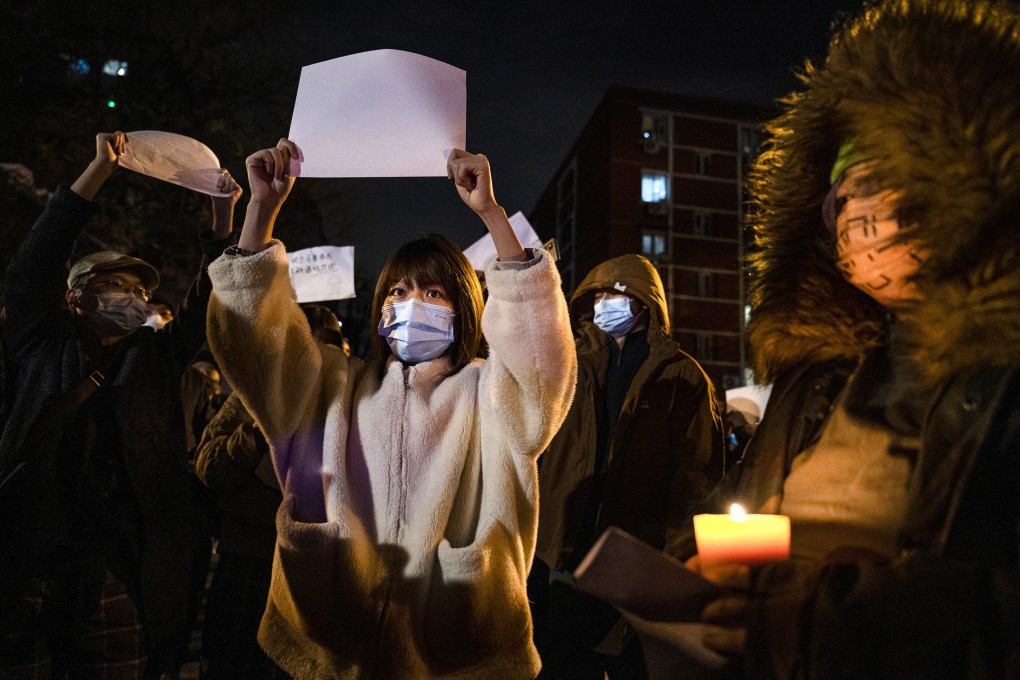Advertisement
China’s petition office promises to tackle ‘backlog of complaints’, prevent instability at grass roots
- Head of ‘letters and visits’ bureau vows to identify and resolve conflicts early to avoid escalation, adopt tech for communicating with citizens
- The bureau is being upgraded as part of an overhaul of party and state organs, giving it more power to make decisions
Reading Time:2 minutes
Why you can trust SCMP
2

Beijing will seek to resolve all petitions quickly and prevent instability at the grass-roots level, according to the director of China’s top office for handling public grievances.
In an article published on Monday, director of the National Public Complaints and Proposals Administration (NPCPA) Li Wenzhang vowed to identify potential conflicts early and at the root to avoid escalation. The article appeared on the front page of Study Times, the official newspaper of the Central Party School, where the ruling Communist Party trains its senior cadres.
It was the first article by Li since his office was upgraded as part of a massive overhaul of party organs and government offices in March.
Advertisement
The NPCPA traditionally serves as a collection point for information on public grievances, which are then submitted to upper government agencies for response. Its Chinese name, Xinfangju, means the “letters and visits” bureau.
Petitioning is common among Chinese citizens who have grievances against lower levels of government. Most petitioners are from lower-tier cities and rural areas.
Advertisement
But petitioning can create headaches for authorities if disputes become unmanageable or cause social turmoil.
Advertisement
Select Voice
Select Speed
1.00x